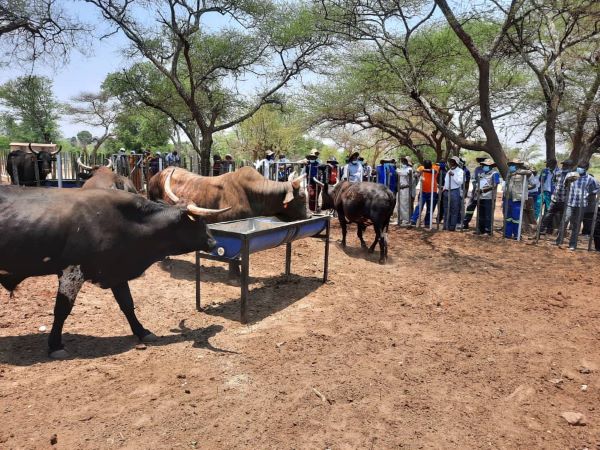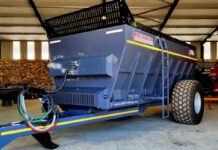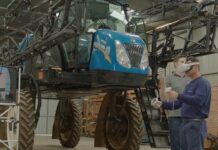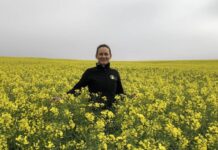
By Lawrence Paganga
At least 25 000 farmers, in five provinces in Zimbabwe, are set to benefit from the establishment of livestock business centres aimed at providing facilities and services for cattle and goats under one roof.
The project is being implemented in rural with the financial and technical assistance of the Beef Enterprise Strengthening and Transformation (BEST).
BEST is a European Union (EU) funded project under the Zimbabwe Agricultural Growth Programme (ZAGP) that supports goats, pigs and cattle farmers.
The BEST project provides farmers with goat and cattle facilities under one roof.
The project also brings related services closer to farmers, including pen-fattening, cattle auctions, access to credit, vaccination, branding and input supplies.
The BEST project is being implemented in five provinces of Zimbabwe, and seeks to create a robust, competitive beef value chain that promotes enhanced trade, employment creation, food security, and inclusive green economic growth by 2023.
Targeted are 25 000 small-to-medium as well as commercial cattle farmers.
Private sector partnerships with the beef farmers is the main activity, hence the participation of meat processing companies such as Sabie Meats, Montana Carswell Meats, Outback Safaris Balu Pecan and Livestock Company.
The key strategy for the project is the establishment of Cattle Business Centers (CBCs) managed by the private sector. The CBCs are creating hubs of production, extension and marketing activities for beef farmers who will access input and output markets, financial and reproductive services, fodder production and husbandry training.
A total of 10 main CBCs with 50 satellites are planned. The Balu CBC in Umguza district, Matabeleland North province and the Lapachi CBC in Mwenezi district, Masvingo province, will have irrigated pastures under centre pivots.
In view of the continued rising stock feed costs for supplementing beef cattle during perennial dry spells, the BEST project started an initiative to demonstrate forage and fodder production using the lead farmer extension approach.
For goat farmers, the project seeks to improve the capacity of smallholder growers especially women and youths to improve their breeds, production, productivity, facilitate access to viable markets and organisational efficiencies.
Forage crops have been widely promoted to provide feed resources to livestock, particularly during the dry season and in years of low precipitation.








